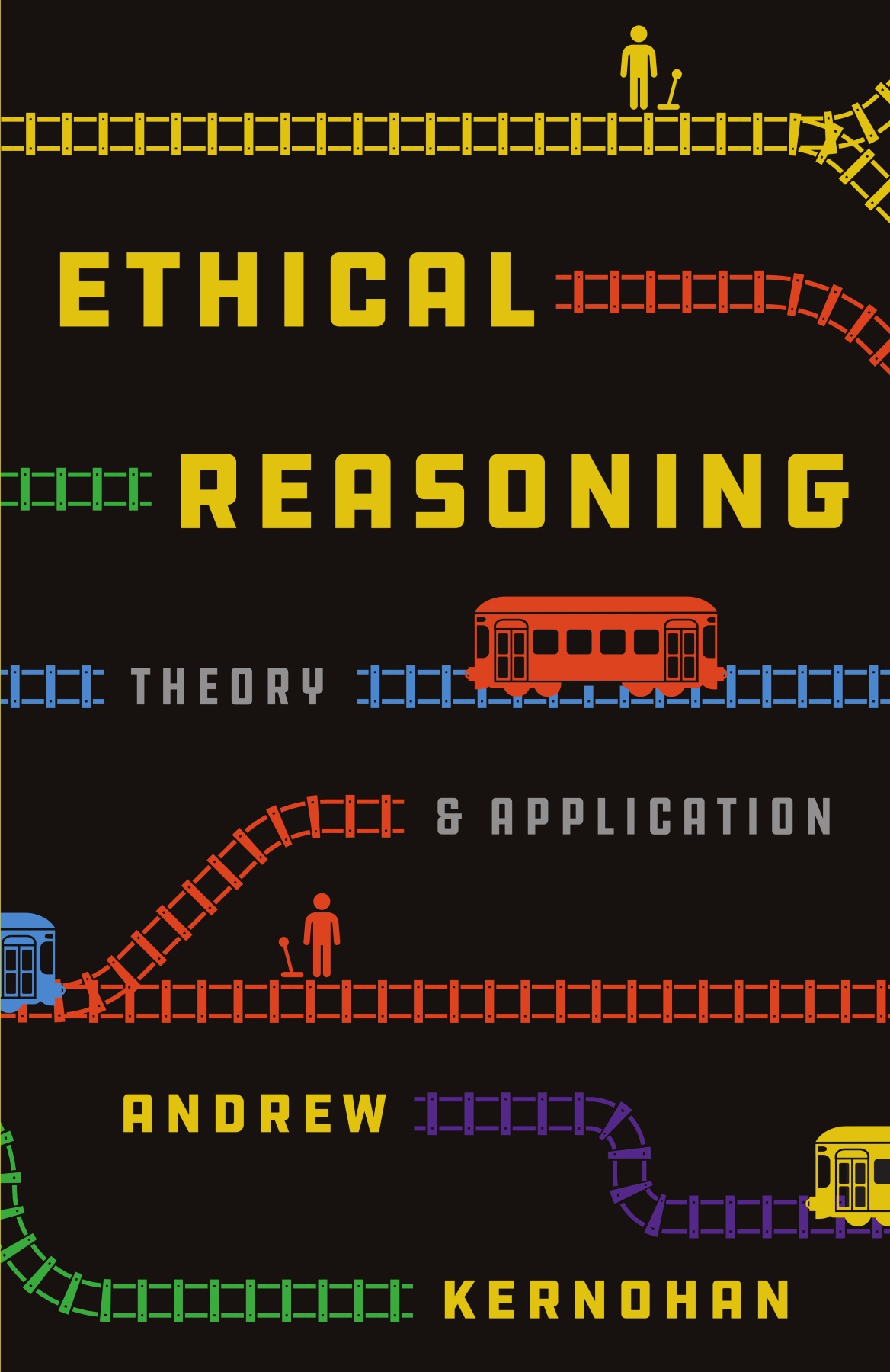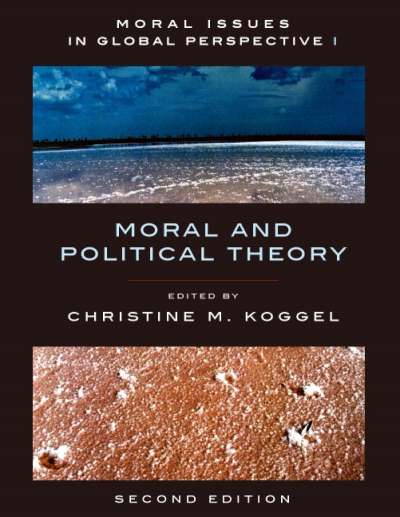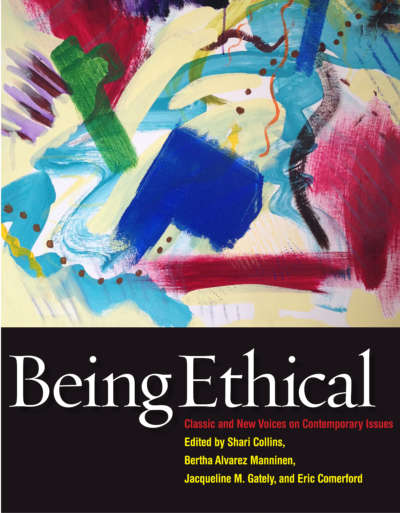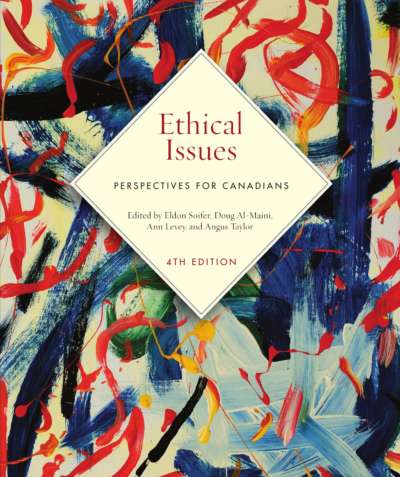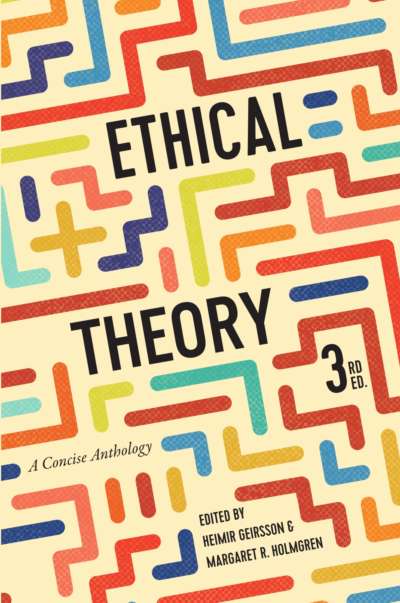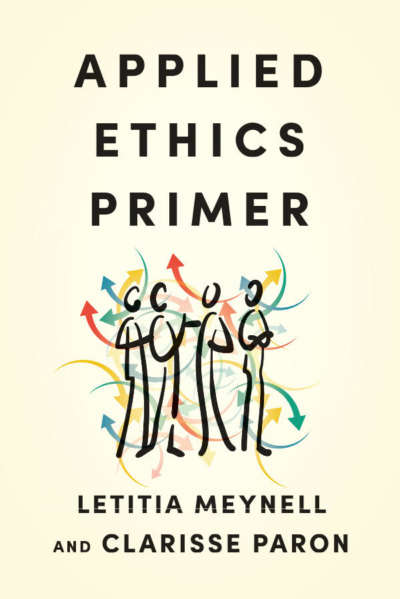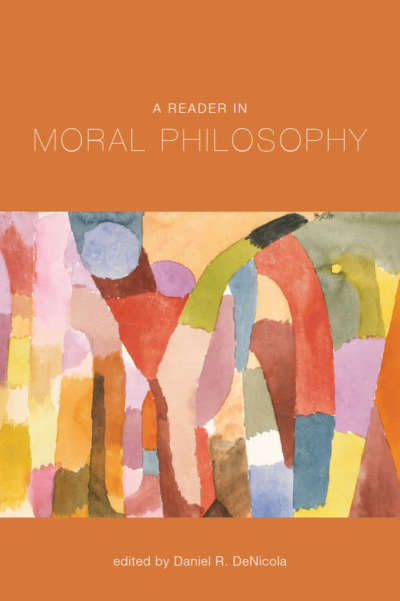The philosophical tradition has given rise to many competing moral theories. Virtue ethics encourages the flourishing of the person, theories of justice and rights tell us to act according to principles, and consequentialist theories advise that we seek to bring about good ends. These varied theories highlight the morally relevant features of the problems that we encounter both in everyday personal interactions and on a broader social scale. When used together, they allow us to address moral conflicts by balancing a plurality of reasons in order to reach nuanced ethical decisions. In Ethical Reasoning: Theory and Application, Andrew Kernohan guides the reader through the basics of these moral theories, showing their strengths and weaknesses and emphasizing the ways in which competing moral reasons can be collectively employed to guide decision-making. Throughout, the focus is on practical applications and on how each theory can play a role in solving problems and addressing issues. Numerous questions and exercises are provided to encourage active reflection and retention of information.
Comments
“This book offers a practical, pluralistic approach to ethical decision-making. Each chapter provides a very clear summary of a particular theory, including a discussion of its strengths and weaknesses. Exercises at the end of each section help readers test their understanding of the relevant concepts. Overall, Andrew Kernohan is successful in his goal: this book is an excellent primer for cultivating a competency in making difficult but necessary ethical decisions.” — Justin Kitchen, California State University, Northridge
“Kernohan’s Ethical Reasoning will appeal not only to university readers but also to anyone seeking a clear and concise guide that emphasizes a practical approach rooted in human community and social cooperation at the local and international levels. A particular strength is Kernohan’s choice to focus on central concepts and terminology by presenting the major ethical theories under three broad groupings before considering the thorny questions of moral responsibility and how to use conflicting theories to make decisions in everyday life. Kernohan’s book embraces the complexity demanded by mature ethical thinking, critical reflection, and difficult ethical choices.” — Kelly C. MacPhail, University of Minnesota Duluth

